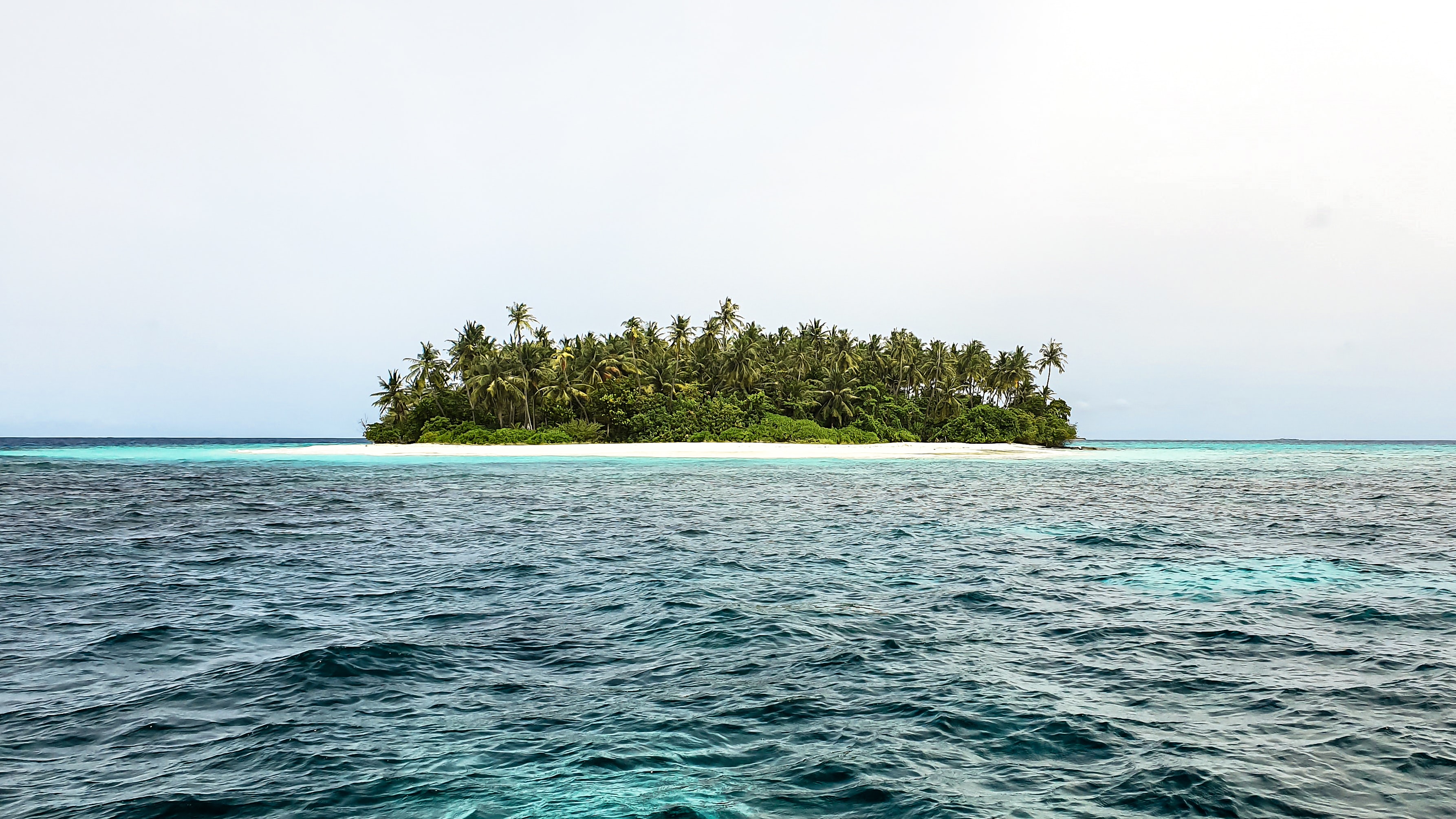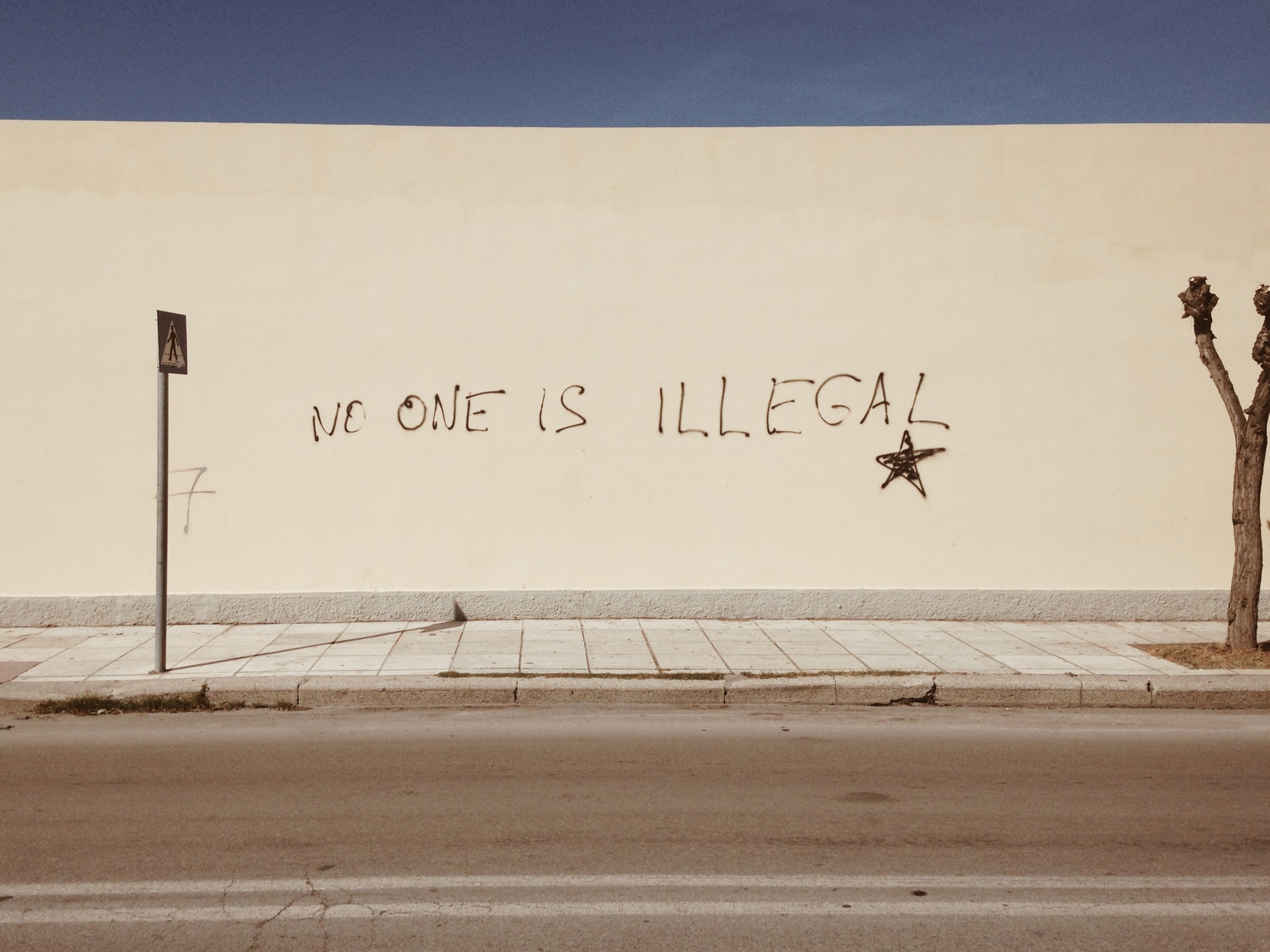The Harder We Pull



I’ve been struggling to put my thoughts and feelings into words lately, so I thought it might be best to write a complicated and lengthy allegory. There’s nothing more pathetic than a pseudointellectual pretending to be Plato, but I will risk the ridicule anyway.
There once was a large island in the middle of a beautiful ocean. On the right side of the island there were huge tracts of land covered by rolling hills, and rich fertile soil. On the left side of the island were towering mountains, with rocky cliffs overlooking beautiful oceanside lowlands.
The people on the right were a proud and nostalgic people. There were barns and farmhouses that had stood for more than 200 years, and although they weren’t much to look at, the people couldn’t bear to see them go, because they were a reminder of the sacrifices and work of those that came before them.
The people on the left lived in amazing cities full of vibrant culture, always buzzing with activity and creativity. They had a strong sense of community and would often come together to pool their resources and build amazing public facilities, and improve their ability to communicate and travel amongst their thriving communities.
Some people stayed put, but many did not. As people on the left side got into their later years, they would often trade their busy lives in the city for the quiet pace of the small towns on the right. Many children who had grown up on the right, working hard on farms and in small businesses, dreamed of being involved in world changing projects, and artistic endeavors. They would leave small towns in the right and attend magnificent schools in the left.
Despite the fierce pride that the left tended to have for their cities, and the equally fierce pride the right had for their pastoral existence, there was great respect, and often even envy for the charms and advantages of one another’s societies. Everyone was free to move around and to explore. You could feel welcome and at home anywhere on the vast island. Everyone was at liberty to make their own way in life based on their preferences and their willingness to accept the consequences of their decisions. They seemed to understand that there was no perfect place on the island, and with every advantage you gained by living in one spot, there was always clear sacrifices as well.
There were local customs, rules, and laws that helped life run smoothly that were often unique to their location on the island. The only laws enforced upon all inhabitants of the entire island were laws meant to protect certain rights. The right to say what you want, live where you want, believe as you want, and to own the consequences of your own choices. The laws provided for protection of these basic rights, as well as censure for those that would infringe upon the basic rights of others.
One day, on one side of the island, there was a man who became particularly frustrated about what the newspaper reported was happening on the opposite side of the island. He had always tried to be tolerant about other people’s ideas, but according to everything he held dear, these things were simply wrong. And he worried that this might just be the beginning. If these wrongs were allowed to happen, without consequence, what else could eventually become acceptable? If nothing was done to stem the tide, these practices could break out of those areas, and even become commonplace throughout the island.
But what can one man do? He eventually became so worried and frustrated that he had an idea. He drove a huge stake deep into the earth, just back from the breaking waves. He tied a heavy rope to the stake, and rode out onto the waves with his small boat. Wit every bit of power that small boat could muster he tugged on that rope. People began to gather on the shore and wondered at what he could possibly be doing. As the man explained, and the people gathered, and others began to tie ropes and take their own boats out into the harbor to join the man, it became clear.
There was an inherent “correctness” on that side of the island, and perhaps with enough concerted effort, the island itself could be shifted into a more correct position. Imagine how much better everyone’s societies could be if the forces and situations that made the correct side of the island what it was, could be applied more widely across the island. First to the center, and eventually even to the other side of the island as well. It may appear to be a fools’ errand to some, but with enough boats, and enough force, it would have to make at least some difference.
Not long after, the same situation began to happen on the opposite side of the island. The boats became larger. Eventually ships were built with their entire purpose being to assist in the great cultural effort to “make a difference”. Some people liked the pure idealism of pulling steadily in the correct direction, and made it their life’s work. Some people worried about the strength of the effort on the other side, and decided to join the ranks simply because they didn’t want to see the other side gain too much momentum. Some even felt a little ashamed, if they weren’t “doing their share” when it seemed like everyone around them was.
Early on in the process, it was discovered that the further one got from the island, the more effective their efforts would be. Deeper water, stronger currents, more forceful off-shore winds all helped to make the process more effectual. The ropes got stronger as their length increased. People would use small boats to travel from the shore out to the flotilla to join the effort, and to resupply the bravest and most dedicated who now spent most of their lives far out in the ocean, sometimes not even in site of the island at all.
People who had been from one side, but moved to the other found it increasingly uncomfortable to remain. They either had to renounce their allegiances to where they had come from, or it was better for them to return, so they could be with “their people”. The island changed. Fewer people moved freely about, exploring different methods of finding happiness, or discovering entirely new perspectives. With less genuine interaction came less understanding and less appreciation for other points of view, which further divided the island, and pushed more people into the boats.
The island changed… of that there is no doubt. But one thing, just as undeniable was this… the island never “moved”.


